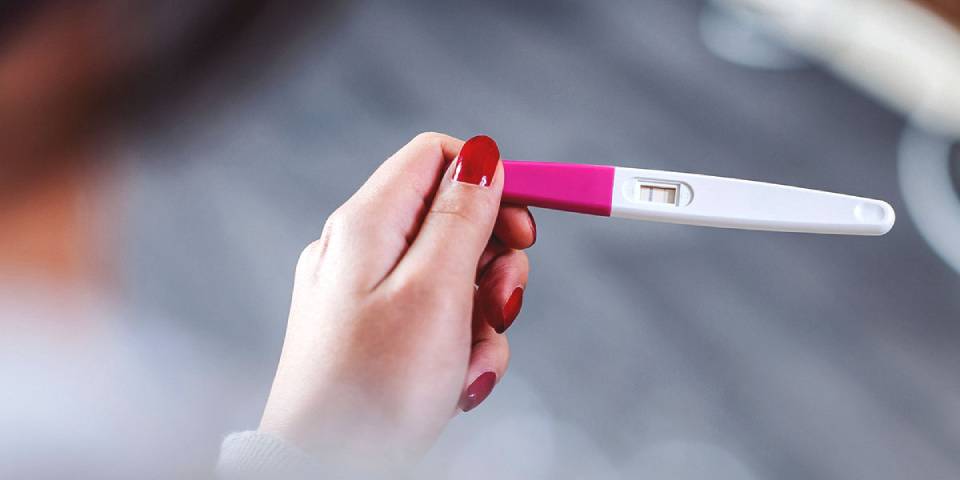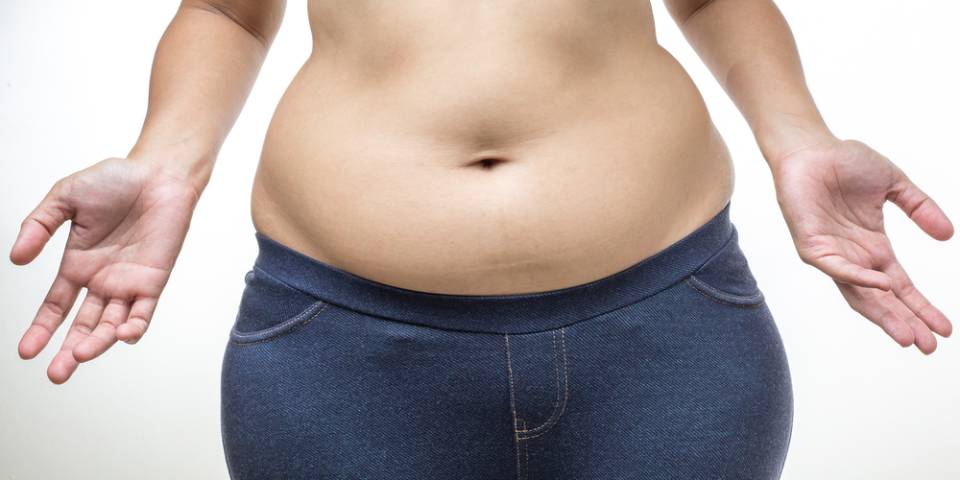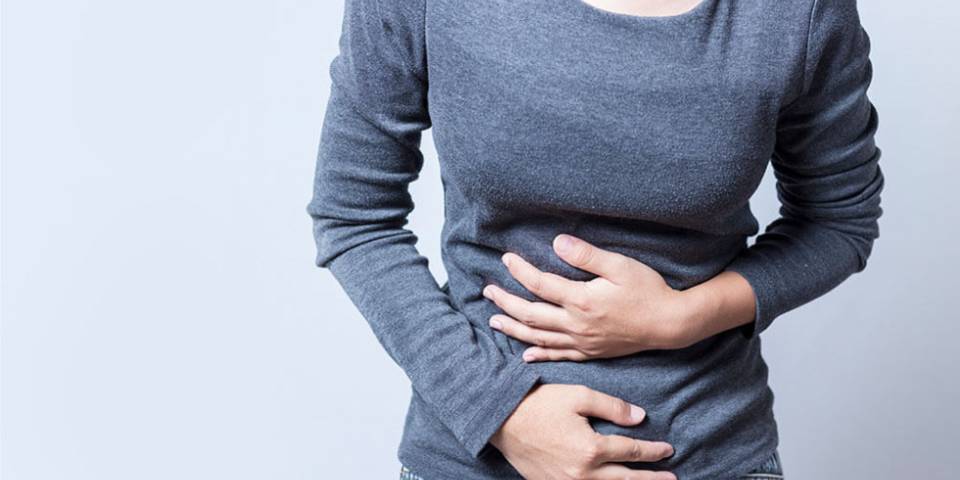Fertility in women is defined as the ability to conceive and have children. Any couple trying to conceive should know some important facts about fertility and female fertility, because the right knowledge will allow them to make the right decisions about their reproductive health.
Read along to know some essential facts about female fertility:
- The most important fertility factor is age. Females are born with all the eggs they can get, and as they age, the number and quality of eggs decline. Menopause may not occur until the age of 50, but for most women, fertility begins to decline dramatically at the age of 35. At the age of 40, a woman’s chances of getting pregnant are not short. 5% per menstrual cycle.
- Like most of our health, genes have a huge impact on fertility, including menopausal age. In fact, a woman is six times more likely to experience premature menopause (before the age of 40) than her mother, sister or grandmother.
- Female infertility can be the result of damage to the reproductive organs that occurs from injury or illness. One of the diseases is pelvic inflammatory disease, an infection of the upper reproductive system; Scar PID tissue can block a woman’s fallopian tubes and prevent ovulation or pregnancy.
- Medical history plays an important role in a woman’s fertility. Unfortunately, some treatments can reduce a woman’s fertility. As mentioned above, ovarian surgery – to remove a cyst or treat endometriosis – can damage the ovaries or reduce the ovarian reserve. Other anamnesis, such as the presence of an untreated sexually transmitted infection (STI), can also reduce fertility by causing pelvic inflammatory disease (PID) and causing injury to the reproductive system.
- Chemotherapy and radiation, and of course life-saving treatments for cancer and other illnesses, can damage a woman’s eggs or cause premature menopause. In fact, egg freezing is initially done as a technique for women who are going to undergo these types of impaired fertility treatments to later retain a chance of getting pregnant.
- Lifestyle factors, such as being overweight or underweight or an irregular sleep cycle, can also affect fertility by creating a hormonal imbalance.
- Fetal medications are available after a woman becomes pregnant. It is a field of medicine that uses various diagnostic methods to determine the health of the unborn child. Fetal medicine specialists play an important role in the diagnosis, comprehensive treatment and management of pregnant women, especially if pregnancy is complicated by fetal abnormalities.



